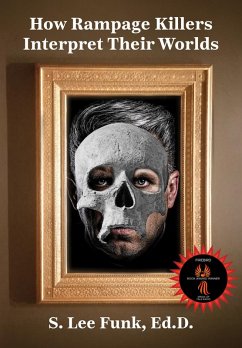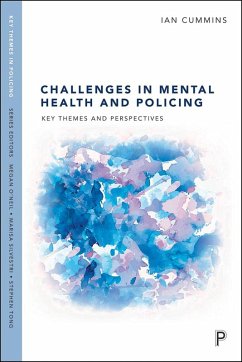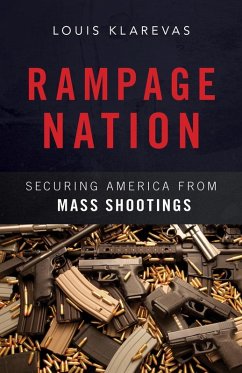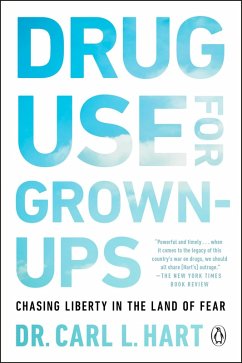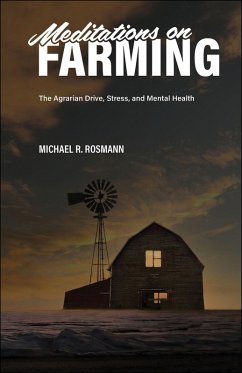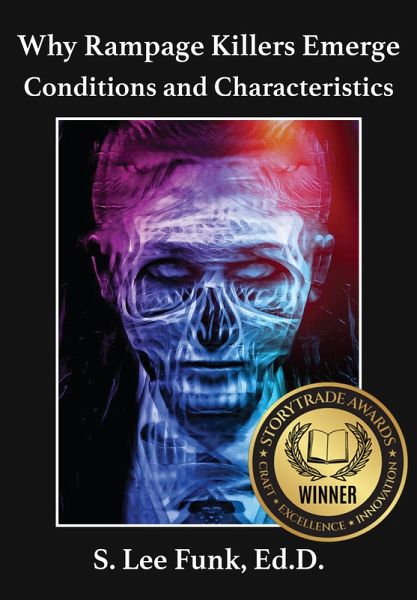
Why Rampage Killers Emerge (eBook, ePUB)
Conditions and Characteristics
Versandkostenfrei!
Sofort per Download lieferbar
58,95 €
inkl. MwSt.
Weitere Ausgaben:

PAYBACK Punkte
29 °P sammeln!
Until now, the influential agents in rampage killings have been described with unsatisfactory generalizations or chalked up to unconscious impulses. Instead of simply attributing lethal decision-making to distorted thinking, Why Rampage Killers Emerge proffers a conceptual tableau to explain the genesis of the mentality that engages in sudden acts of mass violence. As an experienced educator, Dr. Funk applies a multi-disciplinary perspective with case study methods and statistical tools to define the external circumstances and excavate the internalized misconceptions necessary for the formatio...
Until now, the influential agents in rampage killings have been described with unsatisfactory generalizations or chalked up to unconscious impulses. Instead of simply attributing lethal decision-making to distorted thinking, Why Rampage Killers Emerge proffers a conceptual tableau to explain the genesis of the mentality that engages in sudden acts of mass violence. As an experienced educator, Dr. Funk applies a multi-disciplinary perspective with case study methods and statistical tools to define the external circumstances and excavate the internalized misconceptions necessary for the formation of a rampageous mindset. Given the breadth of the construct and the anecdotal patterns supporting its categorization, there should be little doubt that an autogenic assailant will conform to the descriptive model diligently surveyed in this text. While by no means excusing the perpetrators of unprovoked mass attacks, this study does offer an explanation for the origins of the foreboding thought processes at work and contains valuable diagnostic implications. As such, it will be useful to mental professionals, school administrators, law enforcement professionals, business managers, and the public at large in the prevention of repeated acts of deadly spectacle. Dr. Funk's premises are studiously supported by rigorous scholarship and engagingly written to attract attentive readers.
Dieser Download kann aus rechtlichen Gründen nur mit Rechnungsadresse in A, D ausgeliefert werden.




